Sudan in a week: Ayin News Bulletin #6
21 October 2025
To keep our readers informed of the multitude of events taking place in Sudan amidst the ongoing, devastating war, we have developed a series of weekly news briefs, covering nine major topics of the week.
In this week’s edition:
- El-Fasher: Everything edible has run out
- Maritime shipping to Port Sudan plummets
- Sudanese refugees in Ethiopia struggle with costly residency fees
- Military officers implicated in illegal gold mining in northern Sudan
- Outrage over drone strike that killed tribal leaders in North Kordofan
- Drone attack hits Khartoum airport ahead of reopening
- Sudan sets 2026 exam date as students record 68.5% pass rate
- Sudanese swimmers win seven gold in African Championship
 1. El Fasher: Everything edible has run out
1. El Fasher: Everything edible has run out
El Fasher, North Darfur, is enduring its harshest days since the war began, with food supplies depleted and community kitchens, known as takayas, completely shut down. Volunteers report that residents are dying daily, with bodies left unburied in the streets due to bombardments making cemeteries inaccessible.
According to local volunteer Ali Suleiman, the city faces a complete shortage of corn, while rice prices have soared to 300,000 Sudanese pounds (roughly US$97) per kilo—double when paid electronically.
Displaced persons’ spokesperson Mohamed Khamis said the Rapid Support Forces’ (RSF) shelling has destroyed most drinking water sources, leaving residents trapped without food or water. He described the conditions as “hellish”, citing ongoing artillery and drone strikes that killed four civilians on Monday.
The International Organization for Migration reported that more than 770 people fled El Fasher to Tawila this week, tripling the displacement rate. Only about 200,000 of the city’s 600,000 residents remain, according to IOM estimates.
El Fasher has been under RSF siege for more than a year as the group attempts to capture the army’s last major stronghold in Darfur. The blockade has caused a severe humanitarian catastrophe and mass displacement to surrounding areas.
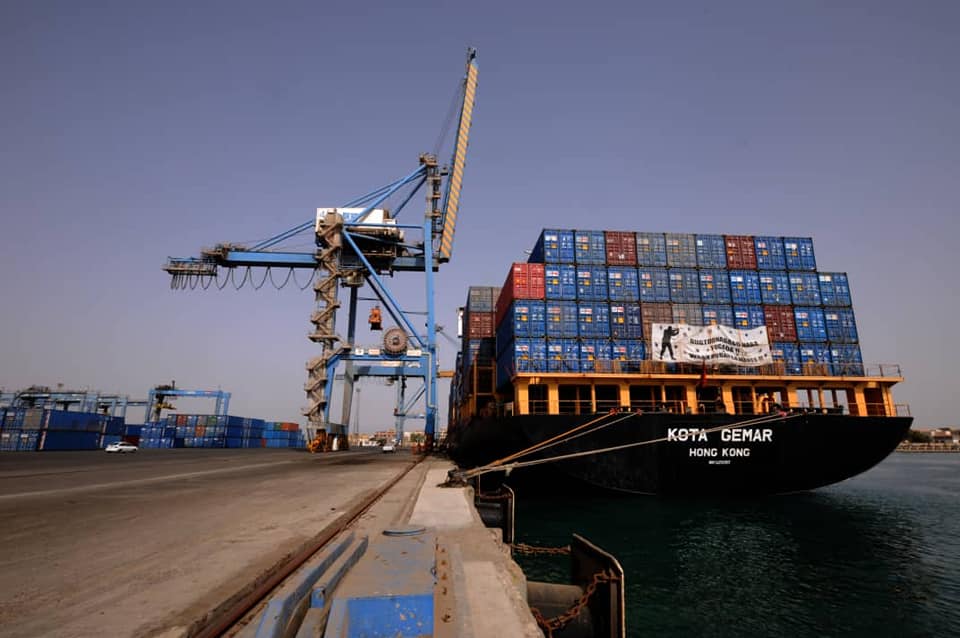 2. Maritime shipping to Port Sudan plummets
2. Maritime shipping to Port Sudan plummets
Shipping activity at Port Sudan has sharply declined as the war and economic collapse deter large vessels from docking at Sudan’s main seaport. Only small ships now unload limited food and goods at nearly deserted quaysides, while crews fear drone strikes along the coast.
Customs worker Shaker Hussein told Ayin that imports have dropped dramatically as the economy worsens. Major shipping companies have shifted operations to Saudi Arabia’s Jeddah Port, sending only small feeder vessels to Sudan.
Port expert Abdul Moneim Badri attributed the downturn to mismanagement and disputes among the Ports Authority, Finance Ministry, and Customs Police. Exports have plunged from six million tons annually to two million, while imports have fallen from 12 million tons in 2020 to five million last year.
As a result, port revenues have dropped by 40 percent. Badri warned that corruption and inefficiency are crippling operations and deepening Sudan’s economic woes.
Sea Ports Authority Director Mohamed Hassan Mukhtar acknowledged the delays, blaming the overlapping responsibilities of government agencies for the port’s stagnation.
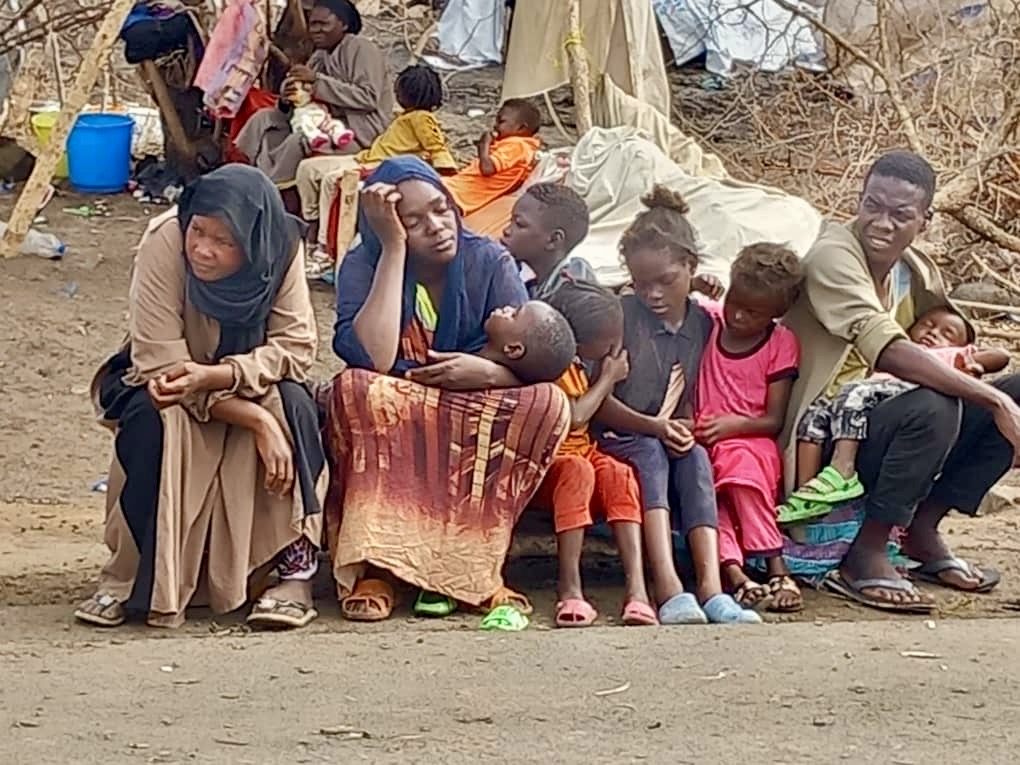 3. Sudanese refugees in Ethiopia struggle with costly residency fees
3. Sudanese refugees in Ethiopia struggle with costly residency fees
Thousands of Sudanese refugees in Ethiopia are struggling to afford monthly residency renewal fees of up to $100, a requirement under Ethiopian immigration law. The costs have forced many to consider returning to war-torn Sudan despite the risks.
Refugee Hassan Mukhtar said he pays $100 each month to extend his stay in Addis Ababa, calling the fees “too burdensome” for families. Others report paying fines up to $1,000 to regularise their legal status after missing renewal deadlines.
Residents also complain of bureaucracy and poor treatment at immigration offices, though a new office in Addis Ababa has reportedly improved services.
Migration researcher Yaqoub Abdullah explained that Ethiopian law prohibits refugees from living in cities, requiring them to reside in UN-administered camps. Authorities have not granted exemptions to Sudanese fleeing the war.
The UN estimates that around 100,000 Sudanese have sought refuge in Ethiopia, mostly in camps near the Blue Nile border, where humanitarian conditions remain dire.
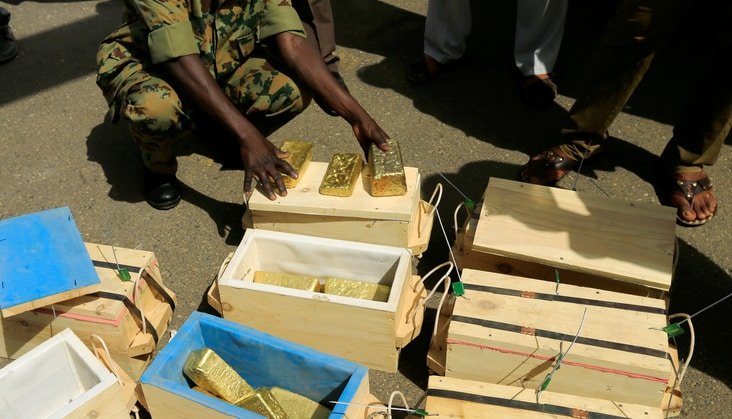 4. Military officers implicated in illegal gold mining in northern Sudan
4. Military officers implicated in illegal gold mining in northern Sudan
A secret gold mining operation in Wadi Halfa has exposed the involvement of Sudanese army officers and traders in illicit mining activities, sparking public outrage and a standoff between residents and security authorities.
Security forces raided a clandestine mining plant in early September after citizens protested the use of cyanide tanks in residential areas. Investigations revealed that soldiers and investors had secretly extracted about 20 kilograms of gold before fleeing with the equipment.
The Wadi Halfa Residents’ Supreme Council has demanded the lifting of immunity from the accused security officers and their transfer to prosecutors. However, the case has stalled amid resistance from security agencies protecting their members.
Local prosecutors have reportedly received threats from these agencies, further obstructing justice. The council continues to demand accountability for those involved in the secret mining network.
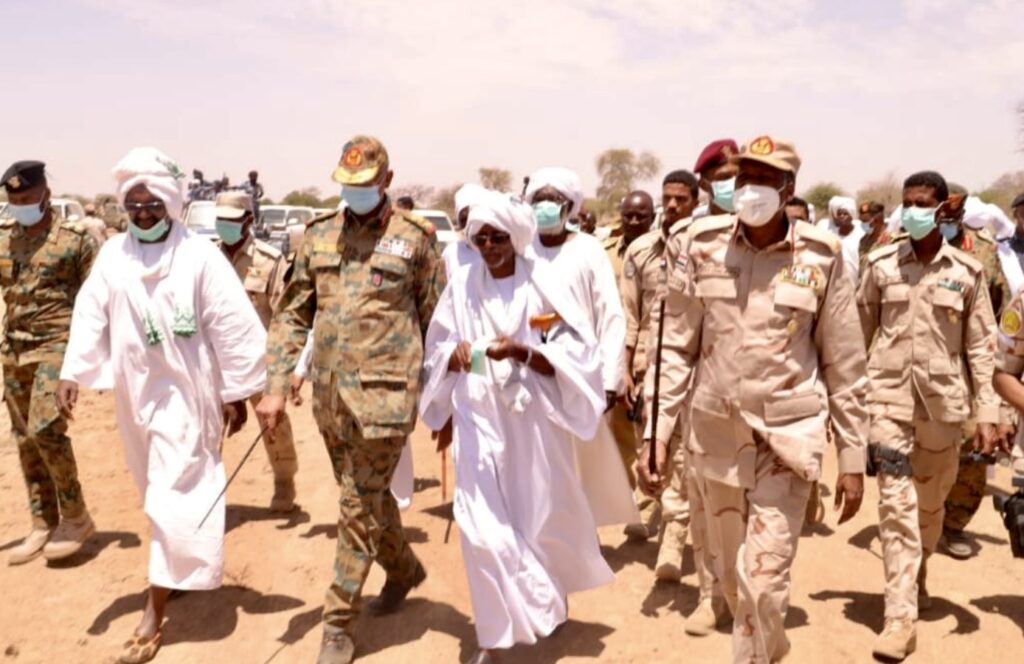 5. Outrage over drone strike that killed tribal leaders in North Kordofan
5. Outrage over drone strike that killed tribal leaders in North Kordofan
Widespread condemnation has followed a drone strike in North Kordofan’s Al-Mazroub area that killed 22 people, including the Nazir of the Majaneen tribe, Suleiman Jaber Juma Sahl, and several community leaders. The army and Rapid Support Forces (RSF) have traded blame for the attack.
Local sources said the leaders were meeting to resolve tensions after RSF gunmen attempted to loot internet shops, sparking clashes. A drone struck the meeting on Friday, killing most attendees.
The Sovereignty Council accused the RSF of launching the strike, describing it as a “treacherous attack” on a reconciliation meeting. The RSF, however, blamed the army, claiming it targeted civilians with a drone in territory under RSF control.
The Al-Mazroub area, a key trade hub between Kordofan and Darfur, had remained stable throughout much of the war. The incident marks a serious escalation in the conflict’s impact on local communities.
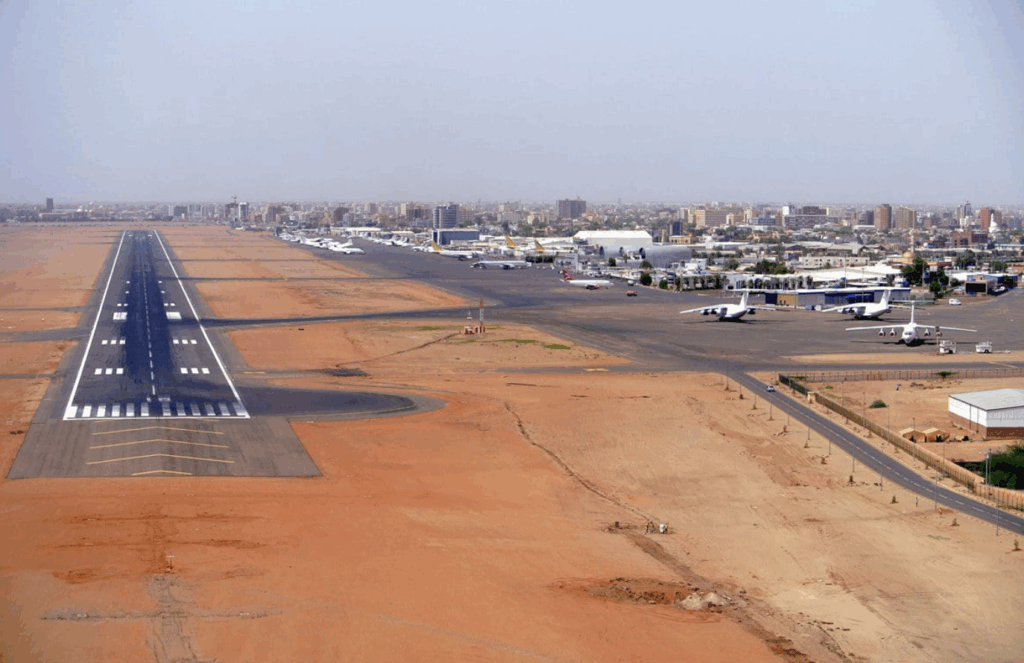 6. Drone attack hits Khartoum airport ahead of reopening
6. Drone attack hits Khartoum airport ahead of reopening
Drones struck the perimeter of Khartoum International Airport on Tuesday morning, a day before its planned reopening for domestic flights.
The Civil Aviation Authority confirmed that domestic operations were scheduled to resume on Wednesday, October 22, under new safety protocols.
The Sudanese army regained control of Khartoum in May, prompting gradual civilian returns and efforts to rebuild infrastructure. The government has also begun relocating ministries back from Port Sudan.
No casualties were reported from the latest drone strike, which underscored ongoing security risks in the capital despite army control.


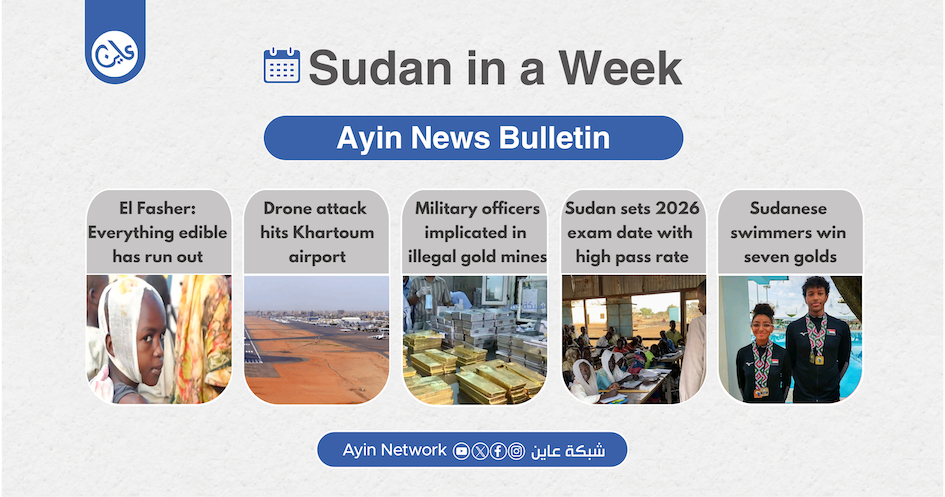
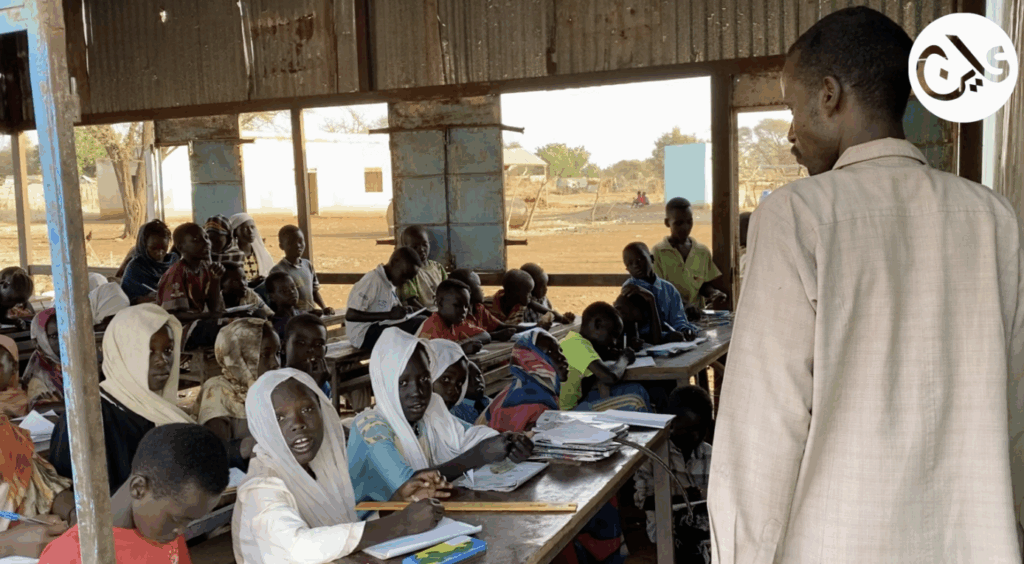 7.
7.  8. Sudanese swimmers win seven golds in African Championship
8. Sudanese swimmers win seven golds in African Championship